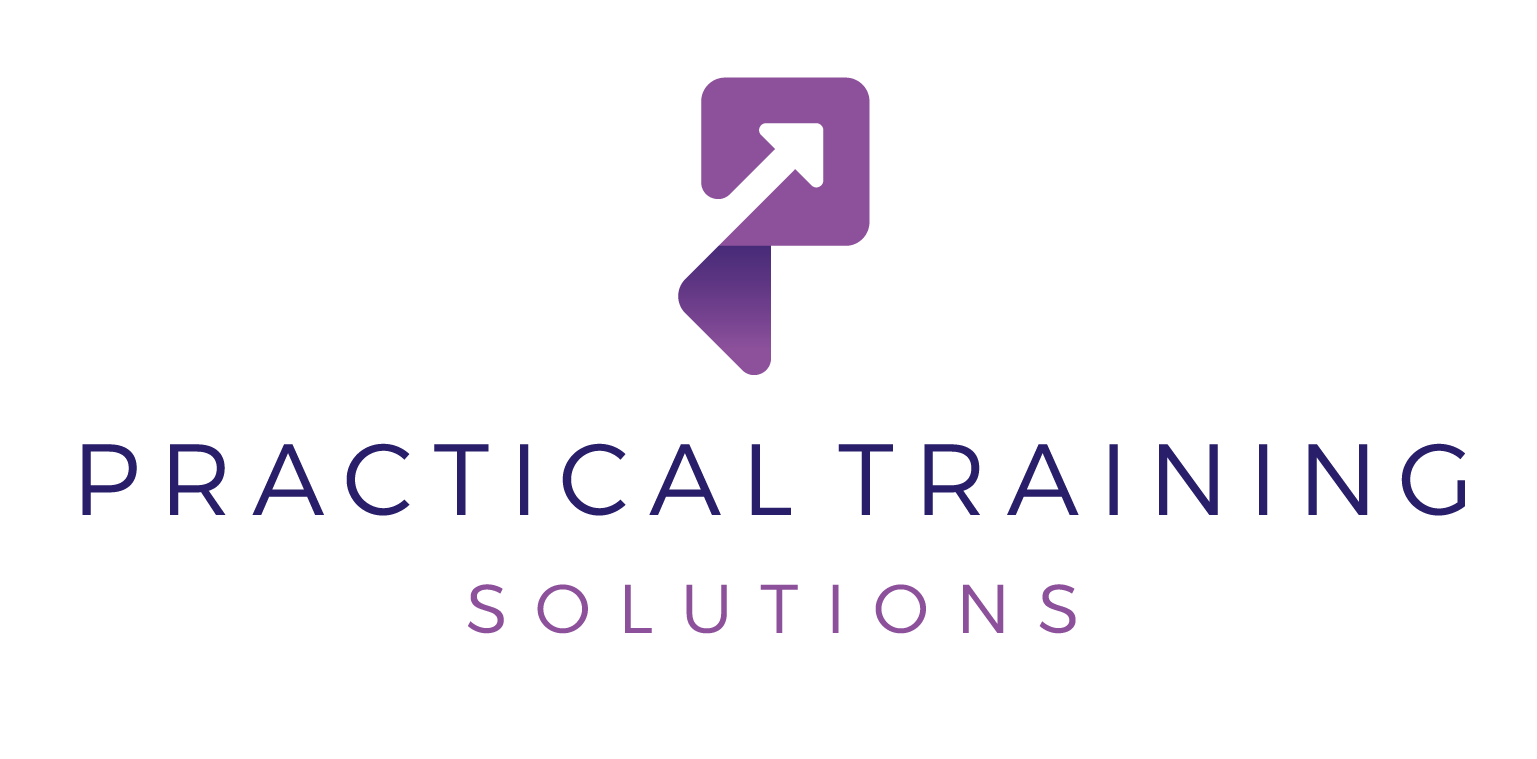Roughly 70% of managers are uncomfortable tackling difficult conversations. That is a huge amount!
What that tells us is difficult conversations are probably not happening or worse still being handled very poorly. The impact of that is far reaching such as the escalation of issues, missed opportunities for improvement, toxic culture, low morale, decreased productivity, damage to relationships, endless frustrations and emotions leading to far reaching consequences on people’s stress levels that can have a detrimental impact people’s physical, mental and emotional well-being. Phew that was a mouthful!
If we know the consequences of not having these conversations, why do we not have them? The short answer to that is it’s likely our survival instincts have kicked in to keep us safe. Most of us dislike conflict of any kind, so our brains may tell us that a difficult conversation may pose as a ‘threat’ or danger of some kind and that then that triggers avoidance. We start to tell ourselves the narrative that things will get better, it probably doesn’t warrant an intervention, I can’t handle the short-term discomfort and potential fall out as I don’t want to have the conversation as it might damage the relationship. The consequence is we then don’t have. Sound familiar?
So, what do we do about this, and how do we tackle a difficult conversation?
Step 1: Planning – You need to plan a difficult conversation and ask yourself the following questions: What is a successful outcome? Who am I speaking to? How do they like to communicate? How are they likely to react? How am I going to manage their reaction? What are all the things that could derail this conversation? How can I see things from their perspective?
Step 2: Dealing With You – You need to make sure you have processed your own emotions and gained a sense of perspective before you go into the conversation. There is no point in going into a conversation if you still feeling emotional about it. Learn to press pause on your emotions and process them before you have the conversation.
Step 3: Having the conversation – Think about: How are you going to open the conversation and manage yourself and others throughout? Be aware of the impact you are having on the other person, not just what you say but how you are saying it. Be aware of the kind of questions you ask and be prepared to listen at a deeper level to what is being said. Avoid any words that may inflame the conversation.
Step 4 – Ending the conversation – It’s important to evaluate the output from the conversation. Did the conversation achieve what it needed to achieve? What specific actions were there? Do these actions need to be documented on an email? What will happen next?
Step 4 – Learning – Each time you have a difficult conversation you learn from it and build confidence. It’s important to ask questions such as: What did I learn from this conversation? How did I feel about it? What could I do even better next time? The more you practice a difficult conversation the easier they become.
We know there is much more that needs to go in to having a conversation and understanding the process is the first step to improving your competency at doing so. At Practical Training Solutions we have helped many managers build their confidence in tackling difficult conversations and we would be delighted to help you and your people build their confidence too.
Get in touch with us today to explore how we can help your managers, leaders and aspiring leaders build confidence to tackle difficult conversations. Please either click on the book a call button or email us at: enquiries@practicaltrainingsolutions.co.uk
Also check out our bite sized training course on Difficult Conversations >
#learninganddevelopent #managementdevelopment #leadershipdevelopment #HR #difficultconversations





